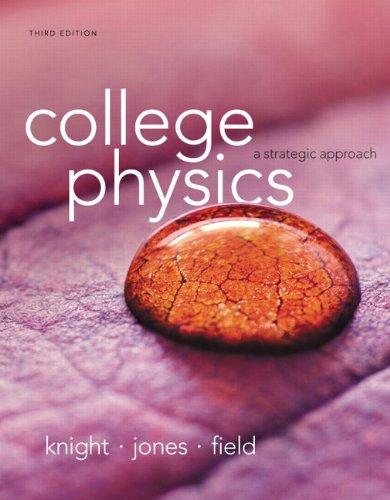Being able to exhaust this thermal energy is very important. If he isn't able to get rid
Question:
Being able to exhaust this thermal energy is very important. If he isn't able to get rid of any of the excess heat, by how much will the temperature of his body increase in 10 minutes of riding, to the nearest \(0.1^{\circ} \mathrm{C}\) ?
A. \(0.3^{\circ} \mathrm{C}\)
B. \(0.6^{\circ} \mathrm{C}\)
C. \(0.9^{\circ} \mathrm{C}\)
D. \(1.2^{\circ} \mathrm{C}\)
A \(68 \mathrm{~kg}\) cyclist is pedaling down the road at \(15 \mathrm{~km} / \mathrm{h}\), using a total metabolic power of \(480 \mathrm{~W}\). A certain fraction of this energy is used to move the bicycle forward, but the balance ends up as thermal energy in his body, which he must get rid of to keep cool. On a very warm day, conduction, convection, and radiation transfer little energy, and so he does this by perspiring, with the evaporation of water taking away the excess thermal energy.
Step by Step Answer:

College Physics A Strategic Approach
ISBN: 9780321907240
3rd Edition
Authors: Randall D. Knight, Brian Jones, Stuart Field





